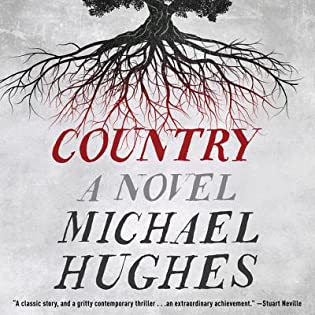 Country by Michael Hughes
Country by Michael Hughes Narrator: Michael Hughes
Published by HarperAudio on October 1, 2019
Genres: Historical Fiction
Length: 7 hours 19 minutes
Format: Audio, Audiobook
Source: Library
Buy on Amazon, Buy on Bookshop
This post contains affiliate links you can use to purchase the book. If you buy the book using that link, I will receive a small commission from the sale.
Goodreads
A vivid and brutal reimagining of Homer's Iliad, set in the Troubles of the late twentieth-century.
That was the start of it. A terrible business altogether. Oh, it was all kept off the news, for the sake of the talks and the ceasefire. But them that were around that part of the country remember every bit. Wait now till you hear the rest.
Northern Ireland, 1996.
After twenty-five years of conflict, the IRA and the British have agreed an uneasy ceasefire, as a first step towards lasting peace. But if decades of savage violence are leading only to smiles and handshakes, those on the ground in the border country will start to question what exactly they have been fighting for.
When an IRA man's wife turns informer, he and his brother gather their old comrades for an assault on the local army base. But the squad's feared sniper suddenly refuses to fight, and the SAS are sent in to crush this rogue terror cell before it can wreck the fragile truce, and drag the whole region back to the darkest days of the Troubles.
Inspired by the oldest war story of them all, this powerful new Irish novel explores the brutal glory of armed conflict, and the bitter tragedy of those on both sides who offer their lives to defend the honour of their country.
What a fantastic book. I am not sure what it says about the progress of humanity that setting a retelling of The Iliad amidst the end of the Troubles works so well, but it’s masterful. Working knowledge of neither The Iliad nor the Troubles is absolutely required to appreciate this book, but you will appreciate it on an entirely different level if you’re familiar with both. The characters are not caricatures or cardboard cutout representations of Greek and Trojan heroes; Hughes fleshes them out so fully that rather than a retelling, the story feels like it’s happening all over again, and this time, to real people. It’s well written, too, and I’m extremely glad I listened to the audiobook, read by Hughes, though a word of warning: a decent understanding of a Northern Irish dialect is required. Hughes manages to pick up some of Homer’s cadence while still making the story completely his own.
This book reminded me a little bit of Marlon James’s A Brief History of Seven Killings. In my review of that book, I wrote, “I’m not sure what to say about this book. It’s hard for me to recommend it to anyone because it’s really violent and disturbing, but it was completely captivating at the same time. I was riveted.” I might say the same about this book. I have a feeling this book will be one of my top reads of the year. I highly recommend it to anyone interested in the Troubles.
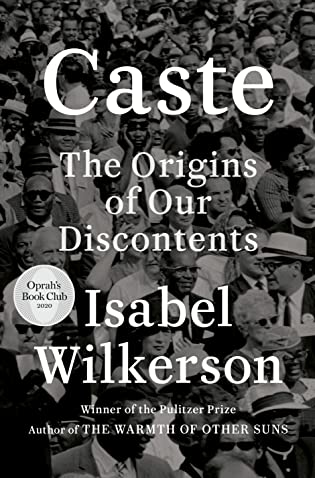 Caste: The Origins of Our Discontents by
Caste: The Origins of Our Discontents by 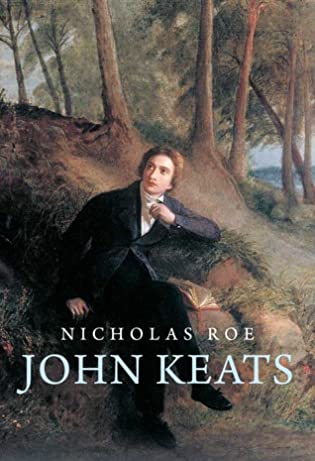 John Keats: A New Life by
John Keats: A New Life by 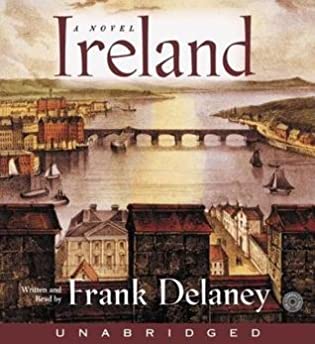 Ireland by
Ireland by 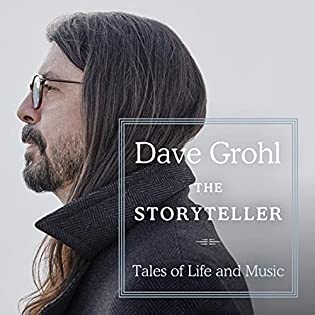 The Storyteller: Tales of Life and Music by
The Storyteller: Tales of Life and Music by 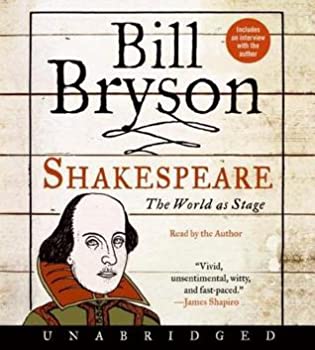 Shakespeare by
Shakespeare by 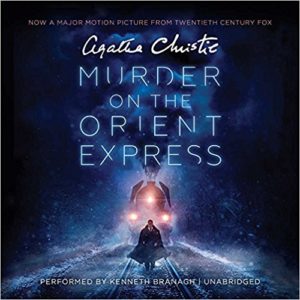 Murder on the Orient Express by
Murder on the Orient Express by